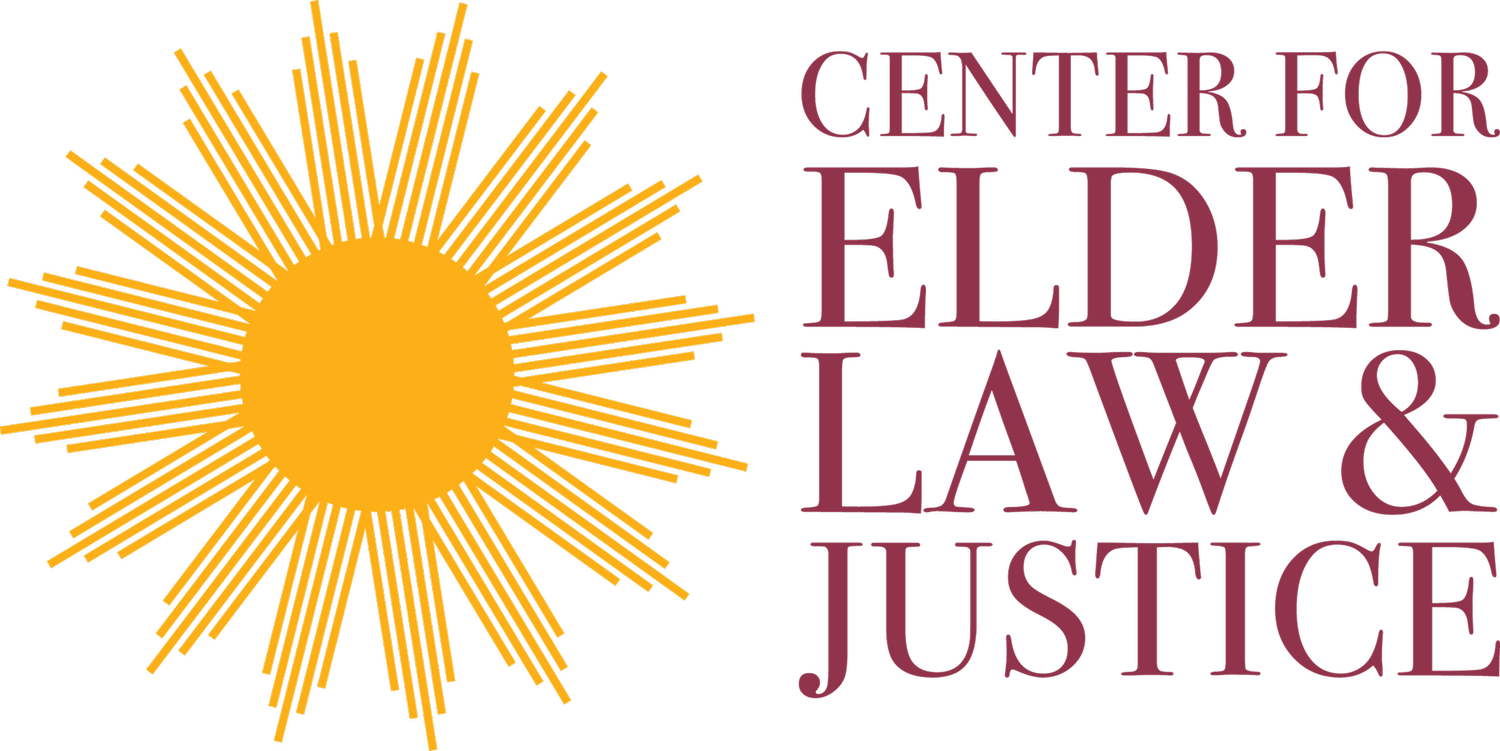The Misuse of Antipsychotics in Nursing Homes Must Stop
The details of the misuse of antipsychotic drugs in nursing homes in a recent New York Times article should shock the conscience of the community and must finally spur action by the Centers for Medicare & Medicaid Services, the NYS Department of Health, Congress, and the NYS Legislature. The misuse of antipsychotics in nursing homes is a form of chemical restraint and is abuse. Yet, these drugs are given to residents, many of whom are living with dementia, even though these drugs have an FDA “black box” warning against the use of these drugs for those residents. These drugs are associated with a significant increase in death, when given to older adults with dementia, and greatly increase the risk of falls, strokes, and other adverse events.
The Human Rights Watch is correct: the misuse of these drugs is a violation of human rights and is a long-standing problem.Nursing home residents have rights, including, the right to person-centered care and to be fully informed in advance about their care and treatment. However, too often, residents are given these powerful drugs without the resident’s, or for residents who lack capacity, their representative’s consent. Nursing home residents should not be drugged to keep them “docile.” It is abuse.Residents with dementia and other medical conditions, are not always able to communicate using words. For example, a resident may cry, wander, scream, display agitation, or anger. We must shift the narrative that these forms of communications are “behaviors;” a negative connotation that in effect places blame on the resident. These types of communications are just that: communications, and often an indicator that something is wrong.Residents, their families, and representatives, especially those with medical conditions such dementia, need to be aware of the resident’s right to be free from chemical restraint, the right to informed consent, and to ask questions about their loved ones care.
If you do not know what a medication is and why it was ordered, ask. Residents have the right to know what the medication is, why it was ordered, potential side effects, and alternatives. If an antipsychotic or psychotic medication has been prescribed, or recommended, ask why - what alternatives have been tried? How is the nursing home going to ensure person-centered care? All nursing homes in NYS are licensed to be able to provide person-centered care to residents with dementia. It is the nursing home’s responsibility to ensure its staff have the skills and competencies needed to provide such care. It is unacceptable and violates resident rights to misuse antipsychotic drugs. For additional information on resident rights and best practices for dementia care, please visit:
https://www.elderjusticeny.org/elder-law-learn#HealthAndLTC;
https://nursinghome411.org/learn/dementia-care-advocacy-toolkit/;
The Center for Elder Law & Justice is available to help. If you are a resident or family member of a resident in Western New York and have questions or concerns about the misuse of antipsychotic medications, please contact us at (716) 853-3087. In addition, our free legal advice helpline can provide answers to brief legal questions to residents of NYS who are 55 or older. Call 1-844-481-0973 to reach an attorney directly, or call and leave a message. The helpline can also be contacted via email at helpline@elderjusticeny.org.

